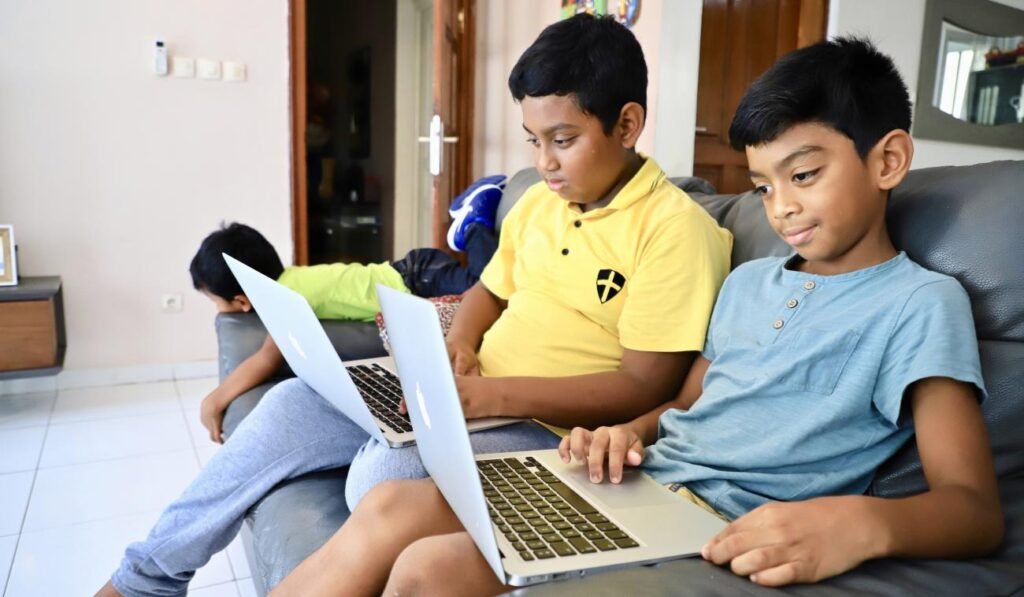Teaching Islamic education in Western schools faces numerous challenges due to cultural and value differences between Muslim and Western societies. Smart strategies are needed to ensure Muslim children receive balanced religious education that strengthens their Islamic identity while promoting positive integration into society. This article explores key challenges and practical solutions for teaching Islamic education in Western schools.
Challenges in Teaching Islamic Education in Western Schools
1. Lack of Accredited Islamic Curricula
- Most Western curricula do not include Islamic education, leaving Muslim children without basic religious instruction.
- Some schools offer general religious studies but may provide inadequate or inaccurate coverage of Islam.
2. Bias and Misunderstandings About Islam
- Muslim teachers and students may face biases or misconceptions due to media stereotypes.
- Some curricula contain inaccurate information about Islam, making it difficult to clarify correct concepts.
3. Shortage of Qualified Islamic Education Teachers
- Few specialists in Islamic studies are available in Western schools, limiting Islamic education.
- Muslim students may struggle to find supportive environments for proper religious study.
4. Difficulty Providing an Islamic Learning Environment
- Lack of prayer rooms or facilities for Muslim students.
- Some schools ban Islamic dress, such as the hijab.
- Few school activities reflect Islamic culture.
5. Influence of Western Values on Muslim Children
- Some concepts taught in schools may conflict with Islamic principles (e.g., moral and social issues).
- Weak Islamic identity due to inconsistent religious education.
Practical Solutions to Enhance Islamic Education in Western Schools
1. Establishing Islamic Schools or Supplementary Programs
- Support accredited Islamic schools combining modern sciences and Islamic education.
- Develop weekend or after-school programs for Quran memorization and Arabic studies.
2. Strengthening Muslim Community-School Partnerships
- Advocate for Islamic studies in school curricula.
- Organize workshops to clarify Islamic teachings and counter misconceptions.
- Train teachers on Islam to better support Muslim students.
3. Developing Digital Islamic Education Resources
- Create interactive e-learning platforms for Islamic studies, Quran memorization, and Arabic.
- Utilize educational apps like:
- “Learn Islam” (simplified fiqh and aqeedah lessons).
- “Noor Al-Bayan” (Quran memorization and tajweed).
4. Supporting Home-Based Islamic Education
- Encourage daily Islamic learning using books, videos, and apps.
- Organize community study circles for supplementary education.
5. Promoting Islamic Identity Through School Activities
- Encourage Muslim students to participate while maintaining religious identity.
- Host Islamic cultural days to showcase traditions and values.
- Establish interfaith clubs to foster tolerance.
The Role of Educators in Teaching Islamic Education Abroad
1. Setting a Positive Example
- Parents and teachers should embody Islamic values in daily behavior.
- Ethical interactions reinforce the importance of Islam in children’s lives.
2. Encouraging Dialogue About Challenges
- Discuss cultural and religious challenges children face at school.
- Help them find balanced solutions that respect their faith and integration.
3. Integrating Islamic Education into Daily Life
- Teach values through Quranic stories, practical examples, and real-life situations.
- Use positive reinforcement to motivate learning and application.
The Impact of Islamic Education on Preserving Muslim Identity
- Strengthens children’s connection to Islam.
- Builds a confident Muslim personality that interacts positively with society.
- Balances integration and identity, allowing success without losing religious roots.
Conclusion
Teaching Islamic education in Western schools is challenging but not impossible. Through collaboration between families, schools, and Muslim communities—along with quality educational resources—we can ensure Muslim children receive strong religious education that preserves their Islamic identity while navigating Western society.




